Get started with Mizzou
ApplyBachelor of arts
Are you ready to reach the next level in your public service career? The Truman School of Government and Public Affairs at Mizzou is well-positioned to give a new generation of public servants like you the necessary tools for success in the challenging and evolving landscape of public service. The Truman School’s faculty expertise and strong emphasis on experiential learning will help prepare you for promotion or entrance into the state, regional and national workforce.
The online bachelor’s in public administration and policy will prepare you to think critically about problems facing public and nonprofit institutions, to develop and implement solutions to these problems and to communicate effectively. The interdisciplinary curriculum melds the study of public administration, public policy and communication to prepare you for a variety of careers in public service. The flexible online format allows you to pursue your degree while continuing to work full time.
A unique aspect of this program is the focus on communication skills, with required courses from the Department of Communication. Courses such as argument and advocacy, political communication, and organizational communication will provide you with competency in this area. Additional courses in public affairs will provide you with important training in key aspects of public and nonprofit administration, such as human resource management, nonprofit management, public service ethics and leadership, and local government management.
Quick facts
Official name
Bachelor of Arts in Public Administration and PolicyCampus
Program type
Bachelor's degreeAcademic home
College of Arts & Science | Truman School of Government and Public AffairsDelivery mode
100% onlineAccreditation
Higher Learning CommissionFreshman credit hours
120Freshman estimated cost
$71,712.00Transfer credit hours
57Transfer estimated cost
$34,063.20*This cost is for illustrative purposes only. Your hours and costs will differ, depending on your transfer hours, your course choices and your academic progress. See more about tuition and financial aid.

Career prospects
This online bachelor’s program fills an important need to prepare future public service professionals across many industry sectors.
Career outcomes include:
- City, county or other local government in the United States
- State or regional government in the United States
- Federal government in the United States
- Nonprofit organizations
- Private sector
- Military service
- Pursuit of additional education
- International government or quasi-governmental organizations
Potential job titles may include:
- Policy researcher
- Policy analyst
- Manager
Program structure
The online bachelor’s in public administration and policy is 100% online: no campus visits required.
Courses are semester-based. How long it takes you to complete your degree depends on how many credit hours you currently have and how many courses you take per semester.
Coursework includes
- Principles of public policy administration
- Public policy
- Program assessment and improvement
- Argument and advocacy
- Organizational advocacy
- Communication competencies
- Political communication
- Organizational communication
Delivery
100% onlineCalendar system
Semester-basedTypical program length
VariesTypical course load
1 or 2 classes each semesterAccreditation
The University of Missouri is accredited by the Higher Learning Commission, one of six regional institutional accreditors in the United States.
Faculty spotlight
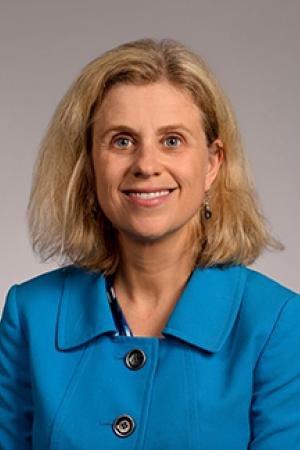
Dr. Keiser’s research interests focus on public management and public policy. Specifically, she focuses on the implementation of public policy, public accountability, the relationship between public agencies and other political institutions, representative bureaucracy, and social welfare and education policy. Dr. Keiser has received the Herbert Simon Award from the Midwest Political Science Association for significant contributions to the scientific study of bureaucracy and the Rita Mae Kelly Award from the American Society for Public Administration for distinguished research on women’s issues. She is currently working on projects related to administrative burden, the implementation of the Social Security Disability program, and the relationship between representative bureaucracy and the automation of public services.
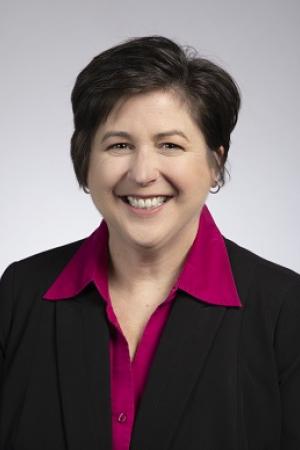
Kathleen Miller manages the public affairs master's and graduate certificate and public administration and policy bachelor of arts programs. Dr. Miller teaches the core master of public affairs research methods courses, regional and economic development and the capstone. Prior to her role with the Truman School, she spent 15 years as the program director for the Rural Policy Research Institute (RUPRI), a bipartisan group of U.S. Senators seeking to develop an external, nonpartisan policy research institute to address the rural differential impact of public policies and programs. She worked on several key policy issues, including work with Congressional Agriculture Committees and the USDA on rural issues with the Farm Bill. Dr. Miller has been a leading expert on the relationship between which definition of “rural” the federal government uses and program effectiveness, working with RUPRI to prepare Congressional testimony on this topic.
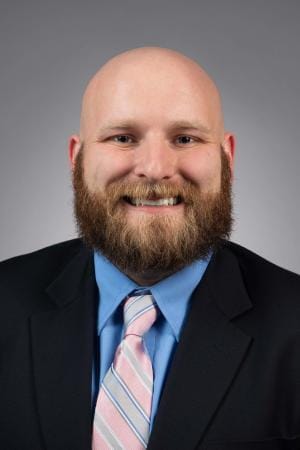
David Switzer’s work stands at the intersection of political science, public management and normative theory, emphasizing water policy in the U.S. Dr. Switzer's primary research focus is on how political and administrative variables shape the implementation and development of environmental policy at the local level. His current research agenda explores how the organizational structure of water utilities determines responses to the political, climatological and demographic environment in which the organization exists. He has additional interests in democratic theory, urban policy and environmental justice.
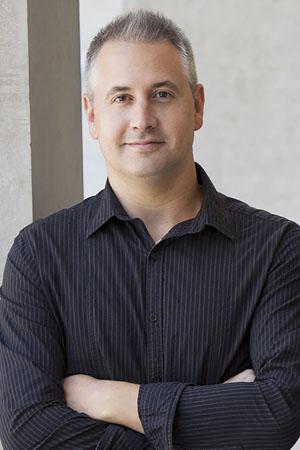
Dr. Kisida is an assistant professor in the Truman School of Government and Public Affairs at the University of Missouri. He has over a decade of experience in rigorous program evaluation and policy analysis. He has extensive experience conducting randomized controlled trials and has co-authored multiple experimental impact evaluation reports through the Institute of Education Sciences at the U.S. Department of Education. The dominant theme of his research focuses on identifying effective educational options and experiences for at-risk students that can close the achievement gap, the experience gap and the attainment gap.
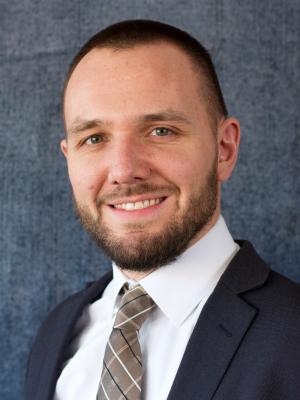
Dr. Haselswerdt’s research focuses on the politics of public policy, especially health and social policy, in the United States. These interests encompass several different strands of work spanning the study of institutions and behavior. One strand examines how people’s experiences with health, economic instability and public policy shape their political participation. Another investigates the reasons that people assume public policies like Medicaid or cash welfare benefit specific groups of people and not others. Dr. Haselswerdt also is interested in the politics of Medicaid expansions, including via ballot initiative.
